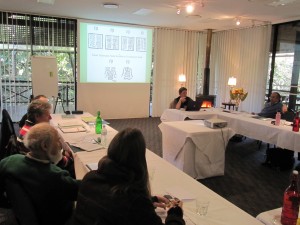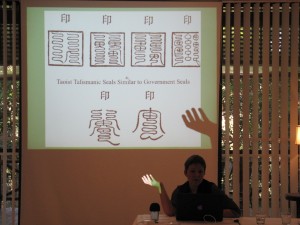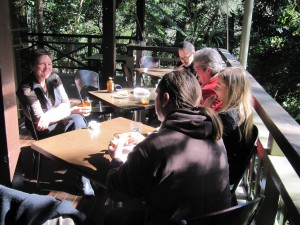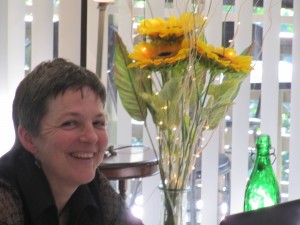History of Chinese Medicine from Antiquity to the Present
with Marta Hanson
“Marta is one of a new generation of historians of medicine that are providing us with a detailed understanding of how Chinese medicine developed over time in relation to specific social, cultural, political and economic contexts of practice. She has a long-standing commitment to make that history come alive to Chinese medicine practitioners. I have long enjoyed reading Marta’s publications and listening to her presentations and enormously benefited from the depth and breadth of her knowledge. Participating in one of her seminars is therefore a unique opportunity not to be missed.” Volker Scheid
How do we know about “Chinese Medicine”? What are the main events, personalities and streams of thought that have shaped Chinese medicine? What are the main texts and clinical practices from the past?
How have clinical case records been used over time and how do we use them today?
A good knowledge of these allows practitioners a greater range of clinical problem solving skills and techniques to draw on. This knowledge is clinically applicable, and furthers our understanding of contemporary streams of practice, and develops a mutual respect for plurality and diversity in Chinese medicine and our global medical world.
Marta is very well qualified to teach these topics. She has worked with many other leading scholars in the field of Chinese medical history and anthropology. Marta has also taught, studied and worked with some leading clinicians in the US. She is a very engaging and enthusiastic teacher. There will be plenty of time for questions and discussions. Marta will prepare a seminar reader of articles and selections of texts that will be used to focus presentations and discussions.
Saturday will start with the Shang Oracle Bone records, then the Zhou dynasty bamboo slips, Han dynasty bamboo slip and silk manuscripts, especially those from Mawangdui. The classical canon, earliest medical case records, medical biographies, and the medieval medical manuscripts from the Dunhuang caves, all of which have a great deal to offer clinicians today in terms of the range of possible texts and practices from the past that they could use to inform their own work, and how to think about medical pluralism and diversity in both Chinese medicine and our global medical world
Sunday will focus on the period from the Jin-Yuan on with the splintering into many currents of medical learning. Marta will cover the major Wenbing figures and their conflict with the Cold Damage current, and the other main currents of learning from the Jin-Yuan through the Qing
“When medical historians examine diseases as social and cultural phenomena, they pay attention to who named them, when and why; and how the names for, meanings of, and responses to diseases changed over time. Naming a disease creates a disease concept, and like any concept, medical ones are always social products. And because they are necessarily human interpretations, disease concepts have their own unique histories. They also share basic components: the type of suffering or symptoms, who suffers or patients, what it’s called or the diagnosis, its outcome or prognosis, its cause, and how best to prevent or treat it. The confusion arises when physicians and historians alike mistake the disease concept for a disease entity and treat disease concepts as if they were biological beings in Nature instead of the human constructs they always are and have always been. Even “biological” and “Nature” are concepts humans have deployed to make sense of the observed world.“ Marta
Where: Walkabout Creek – Ferntree room – Brisbane Forest Park
60 Mt Nebo Road, The Gap, Qld www.walkaboutcreek.com.au
When: June – Saturday 18 and Sunday 19, 2011 8.30 a.m. – 4.30 p.m.
Cost: $450.00. Early bird discount full payment by May 18, $385.00
A reader of articles and selections from relevant books will be provided
Marta Hanson
Marta first taught late imperial Chinese history in the Department of History at the University of California, San Diego. She is currently Assistant Professor in the Department of the History of Medicine at Johns Hopkins University. Her research interests are in the history of medicine, disease, and public health in China and the cultural history of Chinese arts of memory. Marta is well known in the Chinese medicine community in the US and highly regarded for her knowledge and ability to present the history of ideas in an engaging way. Her website is http://www.hopkinsmedicine.org/martahanson/home/index.htm
Marta in action – a brilliant mind Shamanism and talismans, through
Ongoing conversations Covering all the major trends in Chinese medicine



